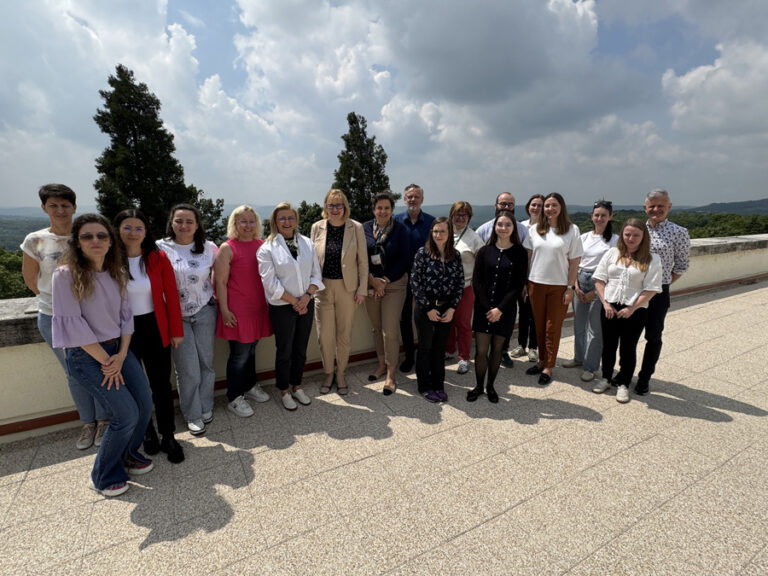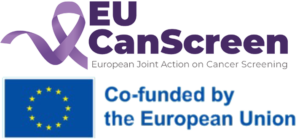Integrating Excellence: A Methodological Hub for Lung Cancer Solutions

NKIP
Lung cancer remains one of the most serious public health challenges across Europe, but progress is being made—thanks to institutions like Hungary’s National Korányi Institute for Pulmonology (NKIP). With over a century of expertise and a future-focused approach, the institute stands at the crossroads of clinical care, education, and innovation.
Methodology
NKIP combines high patient volume with cutting-edge diagnostic and treatment pathways, making it a key reference point in Central Europe. As a national methodological centre, the institute continuously develops and shares best practices in lung cancer detection, imaging, and personalised treatment. Its specialists routinely apply the latest minimally invasive surgical techniques and molecular diagnostic tools, supported by robust pathology and oncology teams.
Collaborations
International collaborations, clinical trials, and capacity-building initiatives reflect NKIP’s commitment to progress. The institute serves not only as a treatment centre, but also as a platform for knowledge exchange—training young professionals, piloting new tools, and contributing to research that will shape tomorrow’s standards.
Outcomes
Lung cancer care is evolving rapidly, and NKIP is helping to lead that evolution—through precision, science, and a dedication to delivering the best possible outcomes for every patient.
#EuCanScreen #CancerScreening #HealthCare #CancerPrevention #Pulmonology #LungCancer
🔗 Please don’t forget to Subscribe to EuCanScreen Newsletter! 💪
Subscribe to our newsletter to get news and updates.
Subscribe to our newsletter to get news and updates.

The general objective of EUCanScreen is to assure sustainable implementation of high-quality screening for breast, cervical and colorectal cancers, as well as implementation of the recently recommended screening programs – for lung, prostate and gastric cancers. EUCanScreen will facilitate the reduction of cancer burden and achieving equity across the EU.
This project has received funding from the European Union’s EU4HEALTH Programme under the Grant Agreement no 101162959










